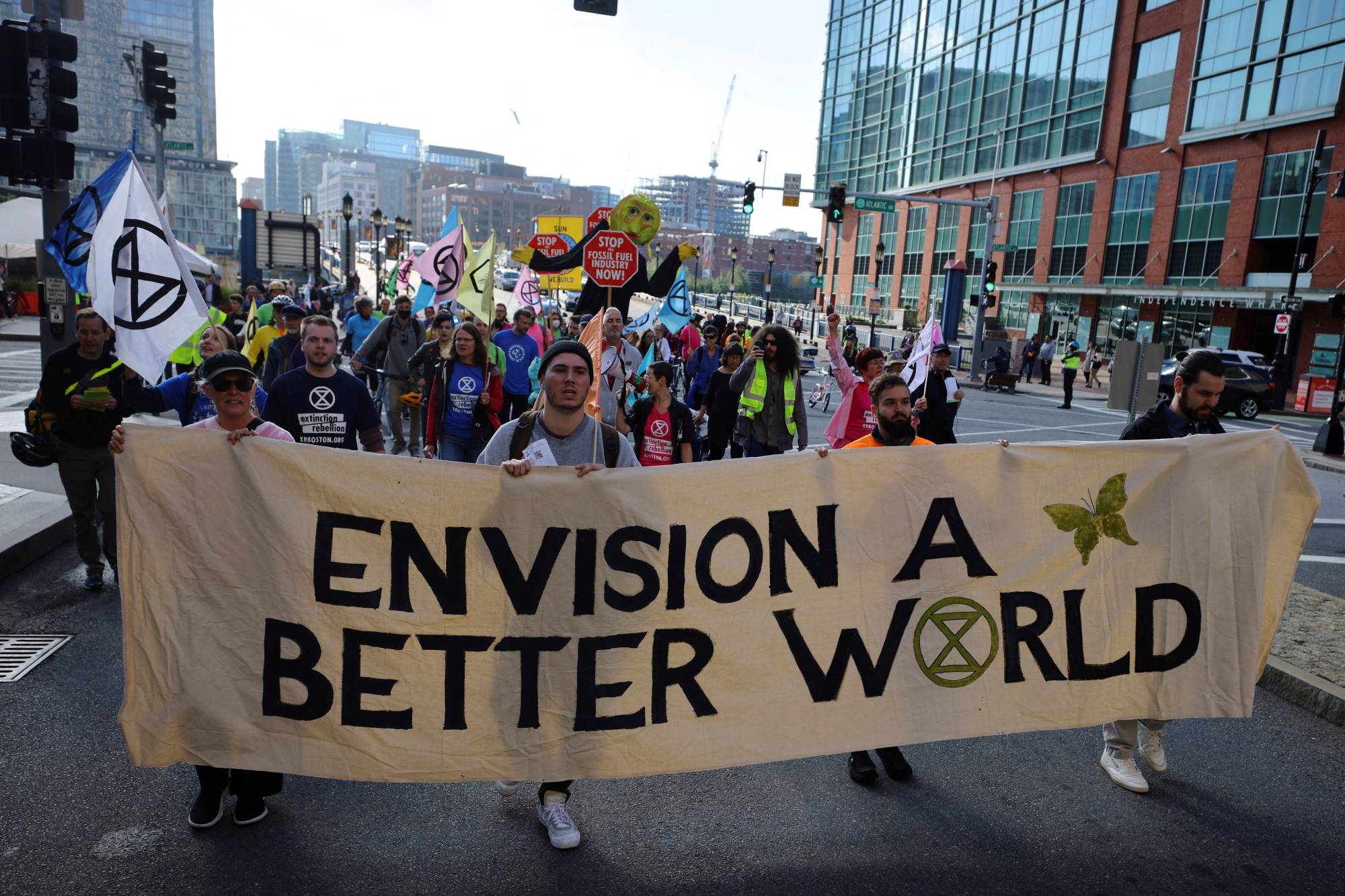If the United States’ Pledge of Allegiance were rewritten for the world of the 21st century, the clause “and justice for all” could well be changed to “and climate justice for all,” given that issue’s paramount importance.
A painful lesson from the last few decades — not only in the U.S. but around the world — is that the adverse effects of climate change are not distributed equitably among countries and communities. While the climate crisis has devastating implications for all of us, United Nations Secretary-General Antonio Guterres rightly points out that “the poor and vulnerable are the first to suffer and the worst hit.”
According to the world’s authoritative climate-science body, the Intergovernmental Panel on Climate Change (IPCC), declines in crop production and quality, increases in crop pests and diseases and other disruptions have disproportionally affected the poor, just as increasingly frequent and extreme heat disproportionally threaten children and the elderly. As climate change simultaneously disrupts food, human, water and ecosystem security, we can expect many more adverse cascading effects.



